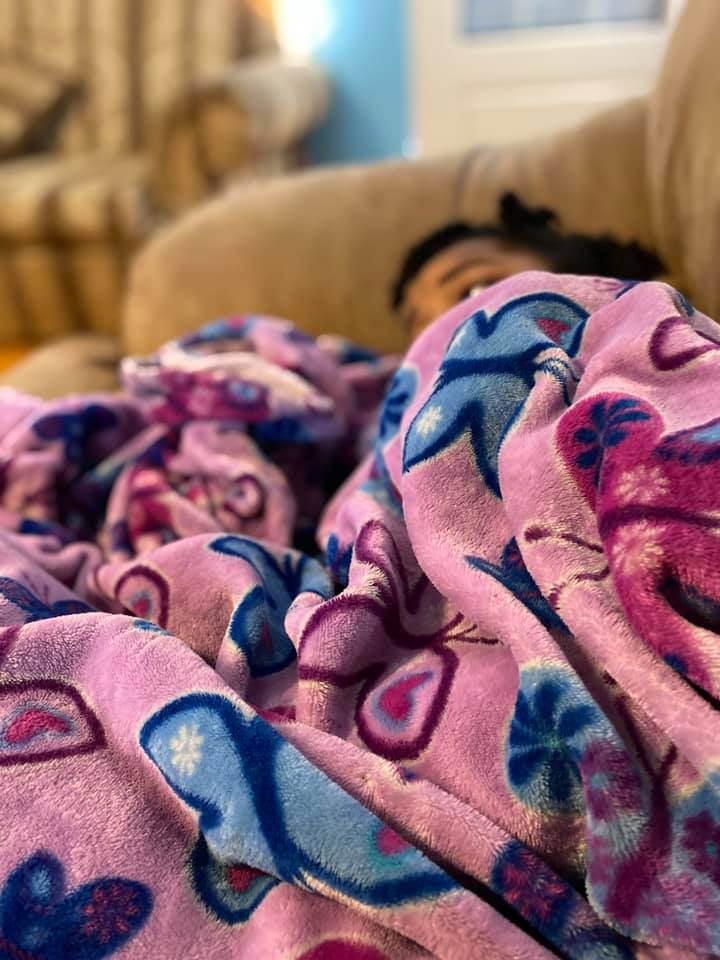Speaking to My Child About Police Brutality
You may have found this site from my recent feature on Yahoo! about a conversation with my daughter about police brutality. This post shares more about that conversation and what happened next.
I thought I was sheltering my children from what was going on around the country and in our own city. With the death of George Floyd and the riots that ensued, my husband and I both were on edge with anger that had been bubbling for quite some time. We agreed to step away from the television for a bit as the scenes of protests grew close to home here in Columbia, South Carolina. It did not dawn on us that our children would witness what was going on miles from our home on via Instagram and TikTok.
An Honest Dialoge about Race and Police Brutality
When she asked why the protests were happening, I was honest with her. We believe in keeping our children informed at a level that is age-appropriate. I told her that people are frustrated and angry that people that look like us aren’t treated fairly.
She pushed to know why this time was different than all the others. I patiently answered her questions and reassured her that she was safe and protected.
It’s okay to let your child know you don’t have the answers. This is definitely one of those cases for us. Even as I reassured her, there was an underlying fear. For years that fear had been there – when my older sons left home wearing hoodies or wanted to walk the neighborhood with their friends. The same fear I had if my husband was delayed returning home late at night.

Five Tips to Talk to Your Child About Race
Be honest about what is going on in an age-appropriate way. Our children watch us and others. They notice patterns and actions.
Face your own biases. Guess what? If we acknowledge our biases, we’re less likely to pass them to our children. We can share with our children a bias we’ve held (or have) and discuss how we overcame them.
Actions speak louder than words. The things we do – such as having a diverse group of friends or refraining from using demeaning language – make a difference.
Let your child know it’s okay to ask questions, make observations and be curious (in a respectful way) about others’ culture, race and ethnicity.
Help your child know what it is to be an agent for change. Support organizations, help them write letters to civic leaders, or join a peaceful protest.

